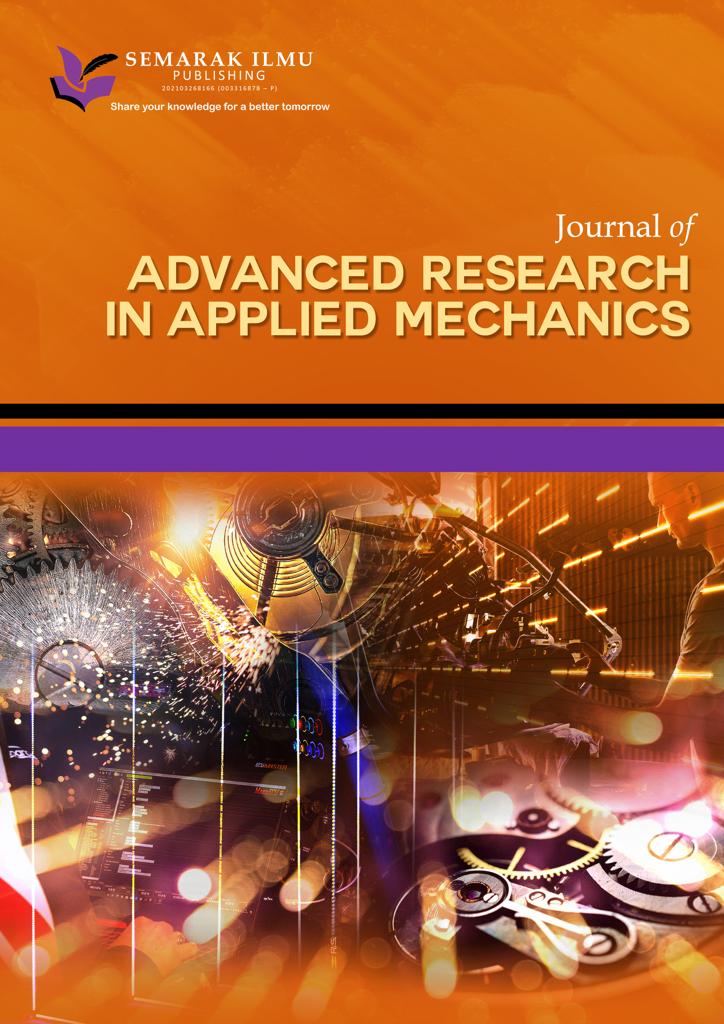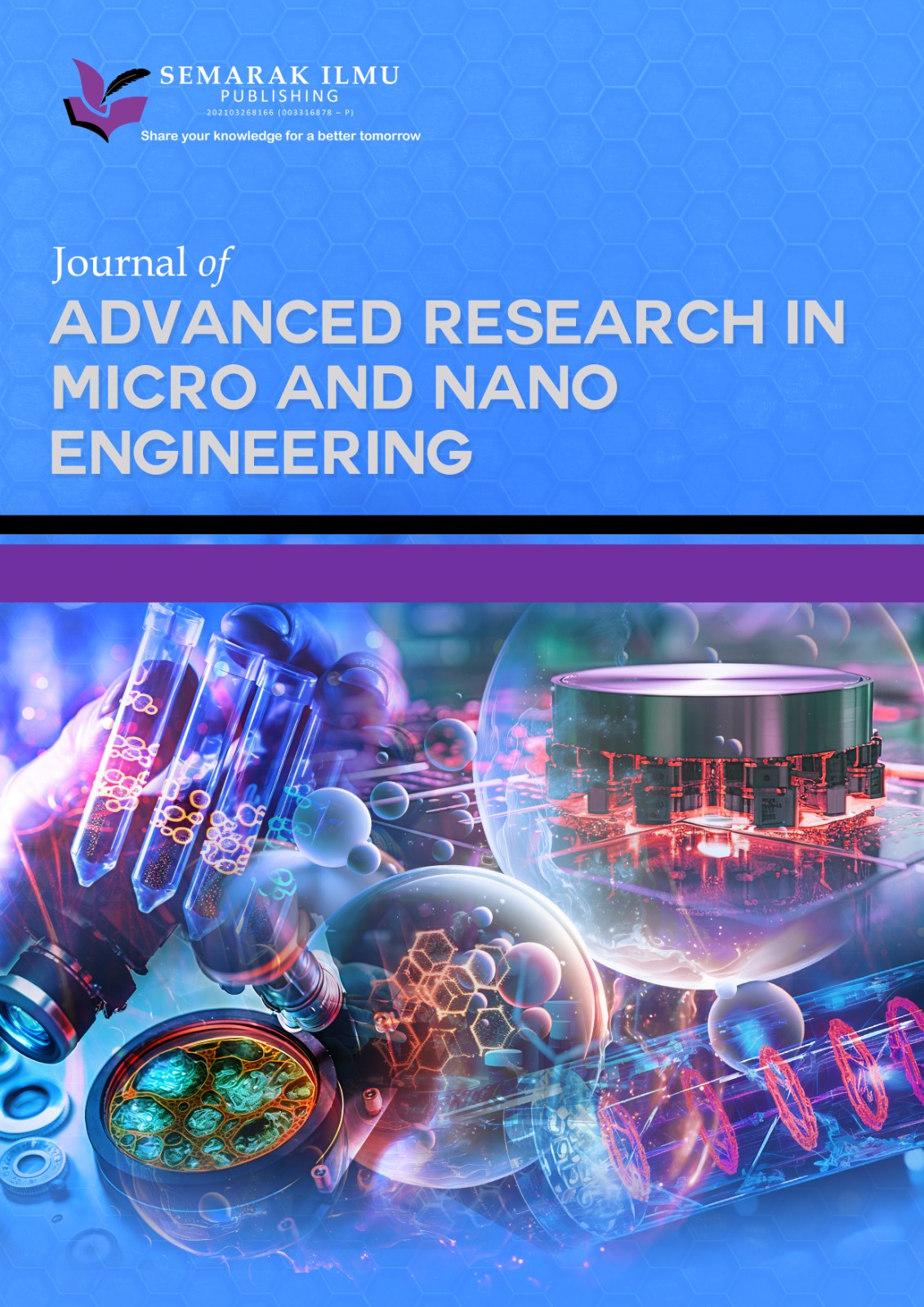The Advancement of Artificial Intelligence's Application in Hybrid Solar and Wind Power Plant Optimization: A Study of the Literature
DOI:
https://doi.org/10.37934/araset.50.2.279293Keywords:
Literature review, optimization, PV generation, wind generator, artificial intelligence, green technologyAbstract
The harnessing of solar, wind, and hydroelectric energy sources has rendered them easily accessible renewable resources, owing to their abundant availability. There is a growing body of research evincing interest in the deployment of hybrid renewable energy systems. Over recent decades, adopting hybrid technologies has engendered a positive trend, marked by broader considerations of configurations and applications within these systems. This study analytically examines the potential of hybrid solar and wind energy harvesting devices. As such, the project aims to extensively evaluate relevant literature and statistical analysis of data extracted from journal papers published between 2004 and 2023. A specific objective is to develop a complete database matrix surrounding multiple categories, including component configurations, methodological approaches, and supporting software infrastructures. Moreover, an assessment of the socio-economic, environmental, and ecological impacts of these systems is undertaken to ascertain their salience. Furthermore, this inquiry delves into the optimization strategies of these systems leveraging artificial intelligence methodologies. Critical lacunae identified during this review pertain to more emphasis on optimization metrics for PV-wind hybrid energy systems, impeding a holistic understanding of their implications on energy, economics, environment, and society. Our findings underscore prevalent methodologies such as computational modelling utilizing software suites like MATLAB/Simulink, HOMER, and others to derive empirical data. Additionally, parametric analyses emerge as the predominant approach, characterized by the application of algorithms such as Particle Swarm Optimization (PSO), Fuzzy Logic Control (FLC), and Genetic Algorithms (GA), among others. PV-wind hybrid energy systems are classified into autonomous and grid-interconnected configurations, with primary components comprising PV-wind generators. The anticipated trajectory suggests a burgeoning development of these hybrid energy harvesting systems, underpinned by their potential as clean, sustainable, and eco-friendly energy sources.
Downloads
























